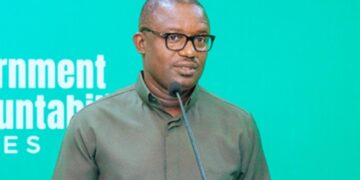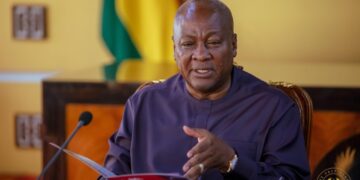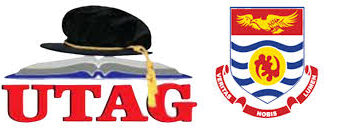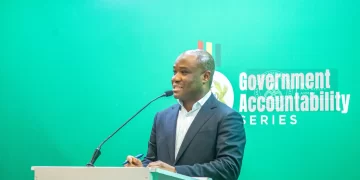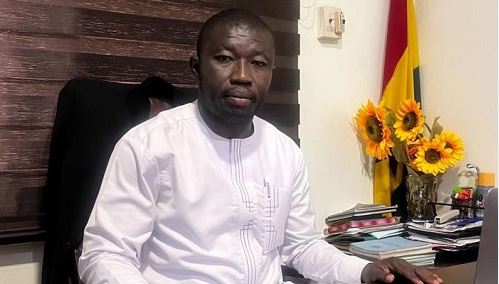The National Council for Parent-Teacher Associations (NCPTA) has expressed strong support for the Ministry of Education’s new disciplinary directive, which cautions against inappropriate hairstyles and dressing among students.
The NCPTA described this as a step in the right direction to instill discipline and promote cultural values in Ghanaian schools.
Speaking on Channel One TV on October 28, the General Secretary of the NCPTA, Mr. Raphael Kofi Gapson, said the directive is backed by both legal provisions and cultural norms that guide discipline within the country’s education system.
“The caution by the ministry regarding inappropriate hairstyles and dressing has legal and cultural backing. If enforced properly, it will help create a conducive atmosphere for teaching and learning,” he stated.
Mr. Gapson emphasized the need for strong collaboration between parents and school authorities to ensure that disciplinary standards are maintained effectively, noting that shared responsibility between both parties is crucial to shaping the character of students.
“There is the need for collaboration between parents and school authorities in establishing disciplinary measures to regulate student behavior on campus,” he said.
While endorsing the ministry’s directive, Mr. Gapson urged the government to extend its enforcement focus to basic schools, where foundational discipline and values are first instilled.
“The challenge we’ve had over the period is that the attention of government of late seems to be at the secondary and tertiary levels, ignoring the basic level,” he said.
“Charity begins at home. If it has to be done, it has to be done right. The foundation is very important. If we do these things properly at the basic level, there’s no way a child will get to secondary school and such matters will even become an issue for discussion.”
Mr. Gapson further appealed to the government to involve the NCPTA in all educational policy consultations, stressing that parents play a critical role in the education sector.
“We have issues when government decides to make laws for us. PTA is not under government, and I’ll say it anywhere. In fact, at best, we have employed them. If we don’t take our children to school, the GES and the Minister of Education are jobless,” he remarked.
“Development in education is a shared responsibility. Government has its role, and other stakeholders like parents, religious bodies, and traditional authorities who provided land for schools all have roles to play.”
According to Mr. Gapson, when government engages all stakeholders in educational policymaking, diverse perspectives and expertise enrich the process and ensure that students are better equipped to contribute meaningfully to society.
“When government assembles all concerned parties to share ideas on how to improve education, knowledge and expertise are enriched. That’s how we build students who fit well into the Ghanaian social system,” he concluded.
Read More News @ ATLFMNEWS.COM
Source: Benjamin Ekow Hutchful/ATLFMNEWS


